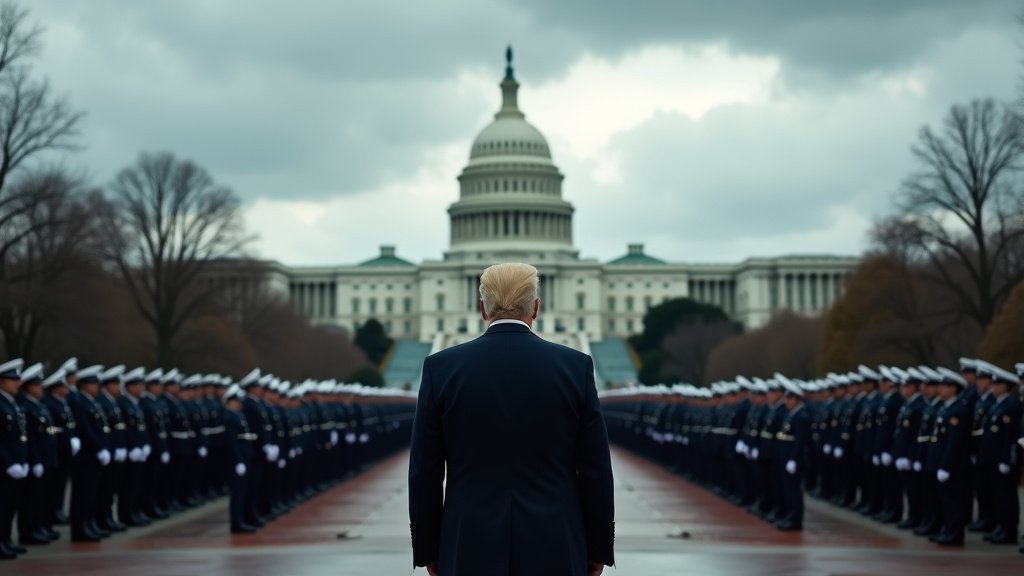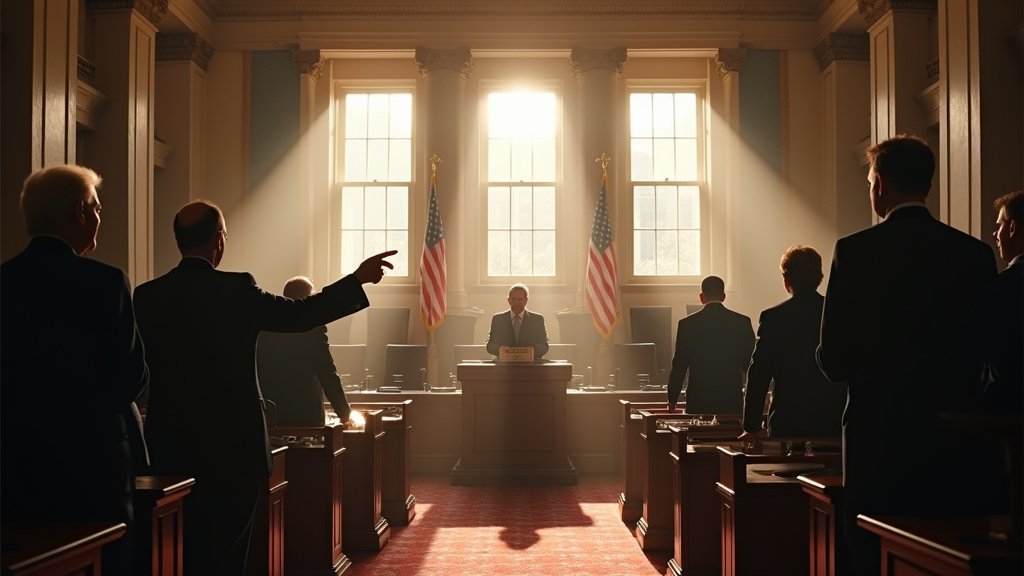Washington D.C. – The United States Supreme Court issued a series of significant rulings on June 27, 2025, fundamentally altering the landscape of federal litigation and upholding state authority in regulating online content. Among the most impactful decisions were a restriction on the ability of federal judges to issue nationwide injunctions and the affirmation of a Texas law requiring age verification for commercial websites featuring sexually explicit material.
Limiting the Reach of Federal Injunctions
In a move long sought by some legal scholars and government officials, the Court substantially curtailed the power of federal judges to issue broad orders that apply across the entire country, regardless of whether affected parties were involved in the specific case. Previously, a single federal judge could issue a “blanket” or nationwide injunction, effectively halting a federal policy or action everywhere at once. The new ruling limits such injunctions primarily to the specific parties named in the lawsuit.
Legal experts immediately weighed in on the implications of this shift. Lucas Powe, the Anne Green Regents Chair at the UT School of Law, commented that this decision makes it considerably “more challenging for plaintiffs seeking broad relief” against federal actions or policies. Opponents of government policies will now likely need to file multiple lawsuits in different jurisdictions, rather than relying on a single court to issue a nationwide stay or injunction.
This change could significantly impact various groups, including federal workers, such as those at the Department of Education, who might wish to challenge administration policies. Rather than potentially joining one lawsuit seeking nationwide relief, employees in different states or districts might find themselves needing to pursue separate legal actions.
The ruling also has potential implications for entities relying on the prospect of nationwide relief from cases where the State of Texas, under the leadership of Attorney General Ken Paxton, has opted not to join multi-state lawsuits. For instance, UT researchers and other institutions dependent on federal funding could be affected if Texas does not join litigation challenging potential National Institutes of Health (NIH) grant cuts, as the ability to secure a nationwide injunction from a separate case becomes more difficult.
Further demonstrating the Court’s stance on broad injunctions, a separate ruling on the same day invalidated another existing blanket injunction. This decision allowed the administration to proceed with long-planned Reduction in Force (RIF) orders impacting operations across more than 20 federal agencies. The Department of Education, however, remained exempt from this specific RIF action due to separate litigation addressing its personnel policies.
Texas Online Age Verification Law Upheld
In another pivotal ruling, the Supreme Court upheld a Texas state statute, House Bill 1181 (HB 1181), which mandates age verification requirements for commercial websites containing a “substantial amount” of sexually explicit material. The law defines a “substantial amount” as more than one-third of the website’s content being “sexual material harmful to minors.”
The case, Free Speech Coalition, Inc. v. Paxton, challenged the constitutionality of HB 1181 under the First Amendment. In a 6-3 decision, the Court applied intermediate scrutiny – a legal standard used to evaluate laws that burden speech but serve important government interests – and found that the Texas law imposed only an “incidental burden” on the free speech rights of adults.
The majority opinion affirmed the state’s compelling interest in protecting minors from accessing sexually explicit material deemed harmful. The Court reasoned that while adults might face a minor inconvenience in verifying their age, this burden was outweighed by the state’s legitimate goal of safeguarding children.
Opponents of the law had argued that age verification requirements could infringe upon the privacy of users and potentially chill access to protected speech for adults. However, the Court’s decision signaled a judicial willingness to permit state-level regulation of online content where the stated purpose is the protection of minors, provided the restrictions are narrowly tailored and do not impose an undue burden on adult access.
Looking Ahead
These rulings represent a significant moment in federal jurisprudence and online regulation. The limitation on nationwide injunctions is expected to reshape legal strategies for challenging federal policies, potentially leading to a proliferation of lawsuits across different circuits. Meanwhile, the upholding of the Texas age verification law could pave the way for similar legislation in other states, raising questions about a potential patchwork of state-level internet regulations and their enforcement challenges for website operators.











